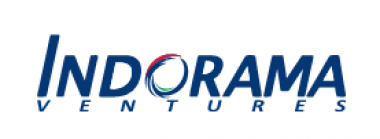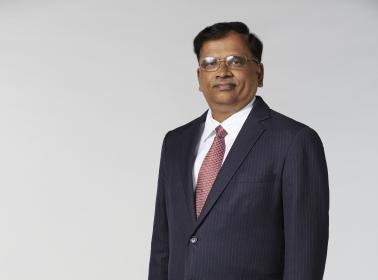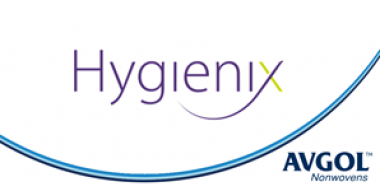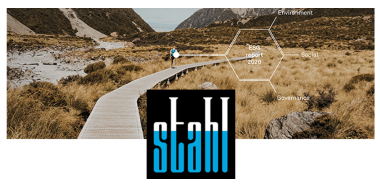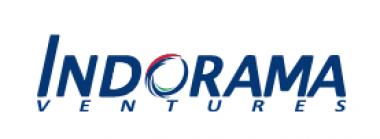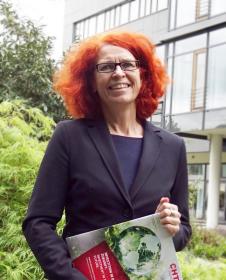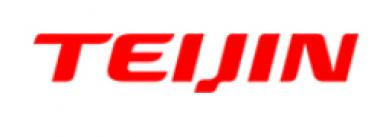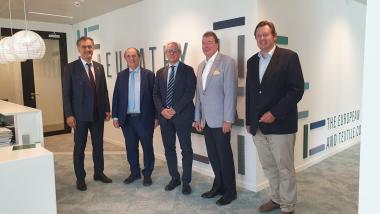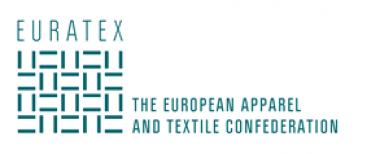Indorama Ventures to expand packaging business into Vietnam
- Strengthening market position in Asia-Pacific
Indorama Ventures Public Company Limited (IVL), a global sustainable chemical company, announces that it is in the process of acquiring shares in Ngoc Nghia Industry – Service – Trading Joint Stock Company (NN).
NN is a leading PET converter in Vietnam with long-standing relationships with major brands. It has four manufacturing sites in both the North and South of Vietnam. It has a total production capacity of approximately 5.5 billion units of PET preforms, bottles and closures, or equivalent to a PET conversion of 76,000 tons per annum.
Operating with high quality standards, NN is a trusted provider of PET packaging products to major multinational and Vietnamese brands in the beverage and non-beverage industries. Its business operations are run by an experienced management team with strong industry knowledge as well as local market exposure and understanding. These competitive advantages are strategic fits for IVL and would complement the company’s long-term growth after integration. This proposed acquisition will strengthen IVL’s market position in the packaging business in high growth markets of the Asia-Pacific region.
Mr. D K Agarwal, CEO of Combined PET, IOD and Fibers Business at Indorama Ventures, said, “This investment opportunity is in line with IVL’s business strategy of expanding our footprint in rising economies like Vietnam. The country is positioned to be the ASEAN production hub for the Asia-Pacific region. Moreover, Vietnam’s PET packaging market is expected to grow continuously due to strong growth in consumption and improving living standards. The proposed acquisition would foster sustainable growth in our largest business segment, Combined PET, which has been growing constantly to serve increasing demands globally.”
The acquisition process is required to follow the Law on Securities, its guiding decrees and circulars as required by the State Securities Commission of Vietnam and regulations of the Hanoi Stock Exchange. Through its affiliate, Indorama Netherlands B.V., IVL would be required to do the tender offer of all of NN’s shares. The transaction is expected to be completed by the first half of 2022.
Indorama Ventures Public Company Limited


